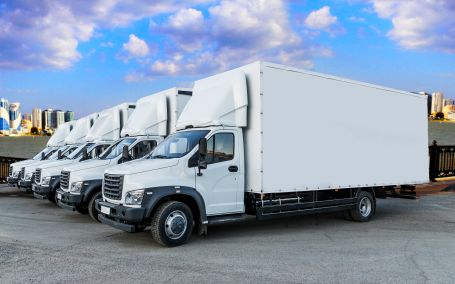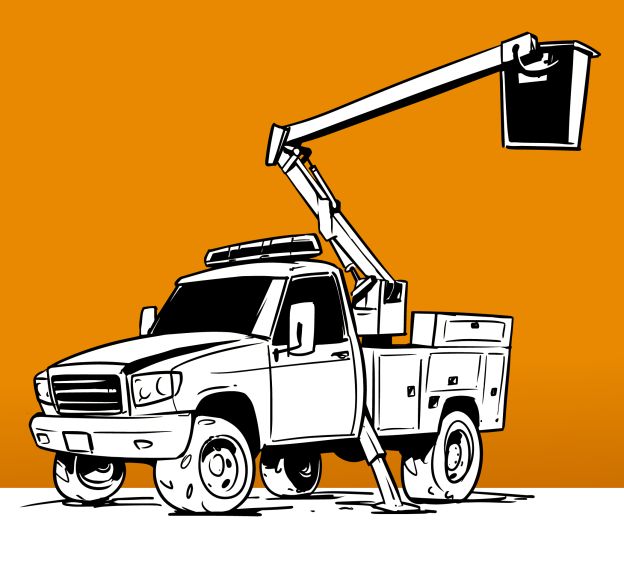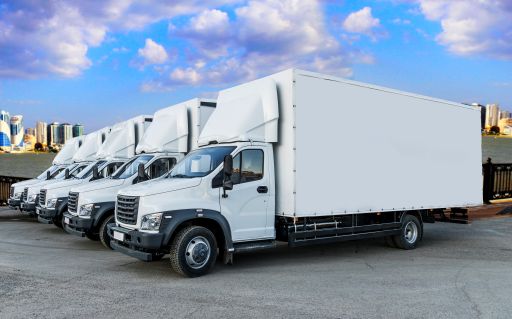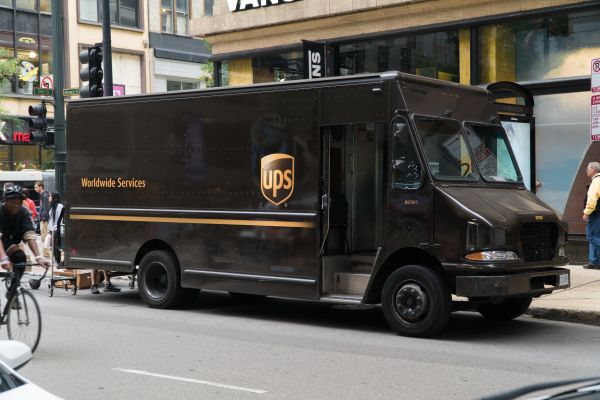What is the MPG of a Box Truck for Moving Trucks?
How much gas mileage do box trucks get, and why is it crucial? There is a fundamental rule to follow to ascertain this before loading, transporting, or towing with rentals:
Connect with a verified mechanic in minutes. No appointments. No high fees. No waiting. Get back on the road and enjoy the ride.
- Trucks 10 to 14 ft long get an average of 8 to 10 MPG.
- Medium-sized trucks between 15 and 19 ft get about 6 to 8 MPG.
- Large trucks that are 20 ft get around 4 to 6 MPG.

Review engine, brake issues, error codes and more with a Mechanic Online in just minutes.
Ask a Mechanic Live NowWhat Are the Factors Affecting Box Truck Gas Mileage?
If a customer is attempting to figure out the MPG of a box truck to be rented, there are some things that he should consider when determining the MPG.
Vehicle Type
Trucks that are powered by small engines are more efficient. It is less expensive to run smaller engines, but the more vehicles you drive, the less fuel you will need. The simpler the small engine, and truck, the more fuel efficient it is.
Quality of Fuel
The vehicle’s fuel economy may be impacted by the quality of the gasoline used. A high-quality gasoline will lessen engine friction and significantly enhance the truck’s gas mileage.
For instance, fuel efficiency is determined by the fuel octane rating, which is a number that indicates the rate where the engine burns the gas depending on the ratio of fuel reduction to addiction. The simple definition of a high octane grade is “less burning,” “greater fuel economy,” or “lower box truck mileage rates.”
Connect with a verified mechanic in minutes. No appointments. No high fees. No waiting. Get back on the road and enjoy the ride.
Driving Style
If you drive a lot faster than you should, you are going to waste more gas than those who drive slow. If you suddenly start to drive at high speed, your engine is burning more fuel when your vehicle is already moving.
How to Calculate Box Truck Mileage Rate?
It’s surprisingly easy to do! Before starting out, make sure you have all the numbers that you need. First, determine the mileage you will travel during the trip. If possible, calculate the miles per hour you will be driving in the time that you want to travel. For instance, if you are traveling 1,000 miles in a huge moving truck, split 1,000 by 4 to get 250.
You can use those numbers to calculate how many gallons of gas your truck needs to go from town to town. And if you add up those gallons of gas by adding the corresponding price of gasoline at the time of purchase, you get what you’ll pay for the gas.
If fuel costs $5 a gallon, it will cost you $1,250 to drive 1,000 miles. Remember that you’re going to need a full tank of gas to get back the truck to the station, so consider that when calculating how much you’re going to pay for that.

What is the Box Truck Mileage Rate For 26 Foot Box Trucks?
A 26-foot box truck has a capacity of how many gallons? The typical 26-foot truck gets between 8 and 13 miles per gallon, depending on the manufacturer and model. A typical 26-foot box truck’s gas tank holds 60 to 70 gallons of diesel fuel. It can move five to eight rooms and carry loads up to 10,000 pounds.
What is the Average Truck Gas Tank Size for 26-Foot Box Trucks?
The typical gas tank of a box truck holds 30 to 50 gallons, which offers adequate fuel economy for lengthy road journeys. With minimal pauses, this capacity of the tank is appropriate for small to moderate loads.
For a 26-foot box truck, the average gas tank is 50 gallons. The size of the truck’s petrol tank should be taken into account with other criteria like the weight of your cargo, how frequently you stop, as well as the distance you drive in order to maximize your truck’s fuel efficiency.
What Is the Cost of Filling A 26-Foot Box Truck?
When the miles per gallon required to fill it are compounded by the latest per-gallon price, a 26-foot box truck costs around $231 to fill.
Trucks that are able to hold 30 to 40 gallons of gas can be filled very conveniently, saving customers as much as $0.26 per gallon, if you empty the gas tank before you leave. When you are planning a trip, determining how many gallons of fuel will be needed can be very useful, especially if you are planning to drive for a long time.
What Is the MPG of A U-Haul 26-Foot Truck?
The 26-foot U-haul is able to get 10 miles per gallon. Fuel economy is advisable for U-haul rentals, since these are some of the largest trucks in their fleet. You will need a 26-foot U-haul truck gas mileage that can cover a lot of ground while saving as much gasoline as possible (excellent fuel economy) for your rental.
How Many Gallons Can A 26-Foot U-Haul Hold?
The 26-foot U-haul truck can transport up to 60 gallons of gasoline. It primarily uses gasoline, but it gets an incredible 10 miles a gallon. The 26-f00t U-haul can travel 600 miles on a single full tank. Given that it can tow 7,500 lbs, it’s possible that hauling hefty accessories may reduce the vehicle’s overall fuel economy.
What Is the MPG for A Penske 26-Foot Truck?
The 26-foot Penske diesel utility truck can achieve an economy of between 6 and 8 miles per gallon depending on the load and the driving conditions. It isn’t quite as fuel efficient as some big trucks, but it is quite respectable for its size.
Which Box Truck Is the Most Fuel-Efficient, and Why?
Several box trucks that are very fuel efficient are available, such as the Chevrolet Express 2500, the Chevrolet Rivian R1T, the Ford Maverick, the Ram 1500, the Chevrolet Silverado 1500 Duramax, and the GMC Sierra 1500. These models are popular for both commercial and residential use because they are not only among the top MPG box truck models, yet also because they are simple, attractive, and have outstanding fuel efficiency.
Max Anthony
Max is a gizmo-savvy guy, who has a tendency to get pulled into the nitty gritty details of technology and cars. He attended UT Austin, where he studied Information Science. He’s married and has three kids, one dog and a GMC truck and a Porsche 911. With a large family, he still finds time to share tips and tricks on cars, trucks and more.
Review engine, brake issues, error codes and more with a Mechanic Online in just minutes.
Ask a Mechanic Live Now





